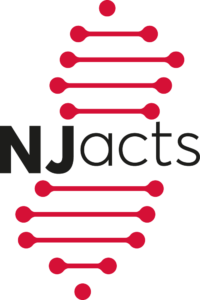 Please read Dr. Horton’s article in the Journal of Allergy and Clinical Immunology titled, “Validation of new medication use algorithms as proxies for worsening disease activity in patients with juvenile idiopathic arthritis.“
Please read Dr. Horton’s article in the Journal of Allergy and Clinical Immunology titled, “Validation of new medication use algorithms as proxies for worsening disease activity in patients with juvenile idiopathic arthritis.“
The landscape of therapies for juvenile idiopathic arthritis (JIA) has changed dramatically in recent decades, with increasing options to treat JIA and achieve better outcomes such as disease remission. Nonetheless, choice of initial and subsequent treatments remains an empiric venture, guided by clinical experience, consensus-based approaches, and treat-to-target strategies informed by limited evidence. Randomized trials for JIA have successfully led to label expansion and increasing options with regulatory approval, though these trials and corresponding label changes often lag for years beyond the initial approvals for adults with inflammatory arthritis. Additionally, placebo-controlled clinical trials for JIA treatments have not uniformly demonstrated efficacy (e.g., due to insufficient statistical power) even when clinical effectiveness is well accepted. Furthermore, clinical trials for other purposes, such as comparative efficacy or treatment withdrawal, may be limited by small numbers, relative short follow-up, inconclusive results, or concerns about generalizability, if they are feasible at all. The use of disease registries in pediatric rheumatology has increased options for the conduct of comparative studies both for effectiveness and safety of JIA treatments. Nonetheless, comparative studies in disease registries may still be limited by small numbers, missing data, inconclusive results, and questions about generalizability. To read the full article.
Validation of new medication use algorithms as proxies for worsening disease activity in patients with juvenile idiopathic arthritis. Saito K, Gabbeta A, Mulvihill E, Al-Jaberi L, Beukelman T, Lewis JD, Rose CD, Strom BL, Horton DB. Pharmacoepidemiol Drug Saf. 2024 May;33(5):e5803. PMID: 38685851 DOI: 1002/pds.5803
